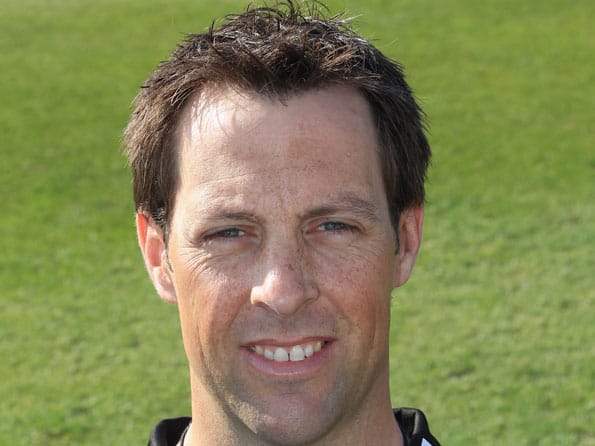
Cricket Country Staff
Editorial team of CricketCountry.
Former England batsman Marcus Trescothick is helping to spearhead a new campaign to help cricketers tackle depression and addictive behaviour.
Written by Cricket Country Staff
Published: Sep 17, 2012, 06:34 PM (IST)
Edited: Sep 17, 2012, 06:34 PM (IST)


The ‘Mind Matters’ tutorials are mainly presented by Marcus Trescothick, who has suffered from depression and anxiety throughout his career © Getty Images
London: Sep 17, 2012
Former England batsman Marcus Trescothick is helping to spearhead a new campaign to help cricketers tackle depression and addictive behaviour.
The Professional Cricketers’ Association (PCA) have launched a series of six online ‘Mind Matters’ tutorials, covering subjects including alcohol and drug abuse, gambling, anxiety and suicide, and offering advice on where to seek help.
The tutorials are mainly presented by Trescothick, who has suffered from depression and anxiety throughout his career.
“Thankfully mental well-being is increasingly taken more seriously and along with that comes a decreasing stigma for sufferers,” Trescothick said.
“Cricket is quite a unique sport to play, and as people we are a normal cross section of the population and as susceptible as anyone to encounter problems of any nature.”
Michael Yardy, who flew home from England’s 2011 World Cup campaign due to depression, and Warwickshire wicketkeeper Tim Ambrose, another player to suffer depression, also present a section on the topic.
Former England all-rounder Andrew Flintoff and ex-Essex and Northamptonshire bowler Darren Cousins, who attempted suicide in March 2011 following his retirement, have also made contributions to the initiative.
PCA assistant chief executive Jason Ratcliffe said: “Cricket has one of the highest suicide rates in sport. We ran an addictive behaviour initiative at each county for current professionals four years ago, so the Mind Matters tutorials are a refresher of that content with the key addition of new sections covering anxiety, depression and self-harm.
“Importantly we want all of our members and their families to know how to access help if the need should arise.” (AFP)
This website uses cookies so that we can provide you with the best user experience possible. Cookie information is stored in your browser and performs functions such as recognising you when you return to our website and helping our team to understand which sections of the website you find most interesting and useful.
Strictly Necessary Cookie should be enabled at all times so that we can save your preferences for cookie settings.
If you disable this cookie, we will not be able to save your preferences. This means that every time you visit this website you will need to enable or disable cookies again.
